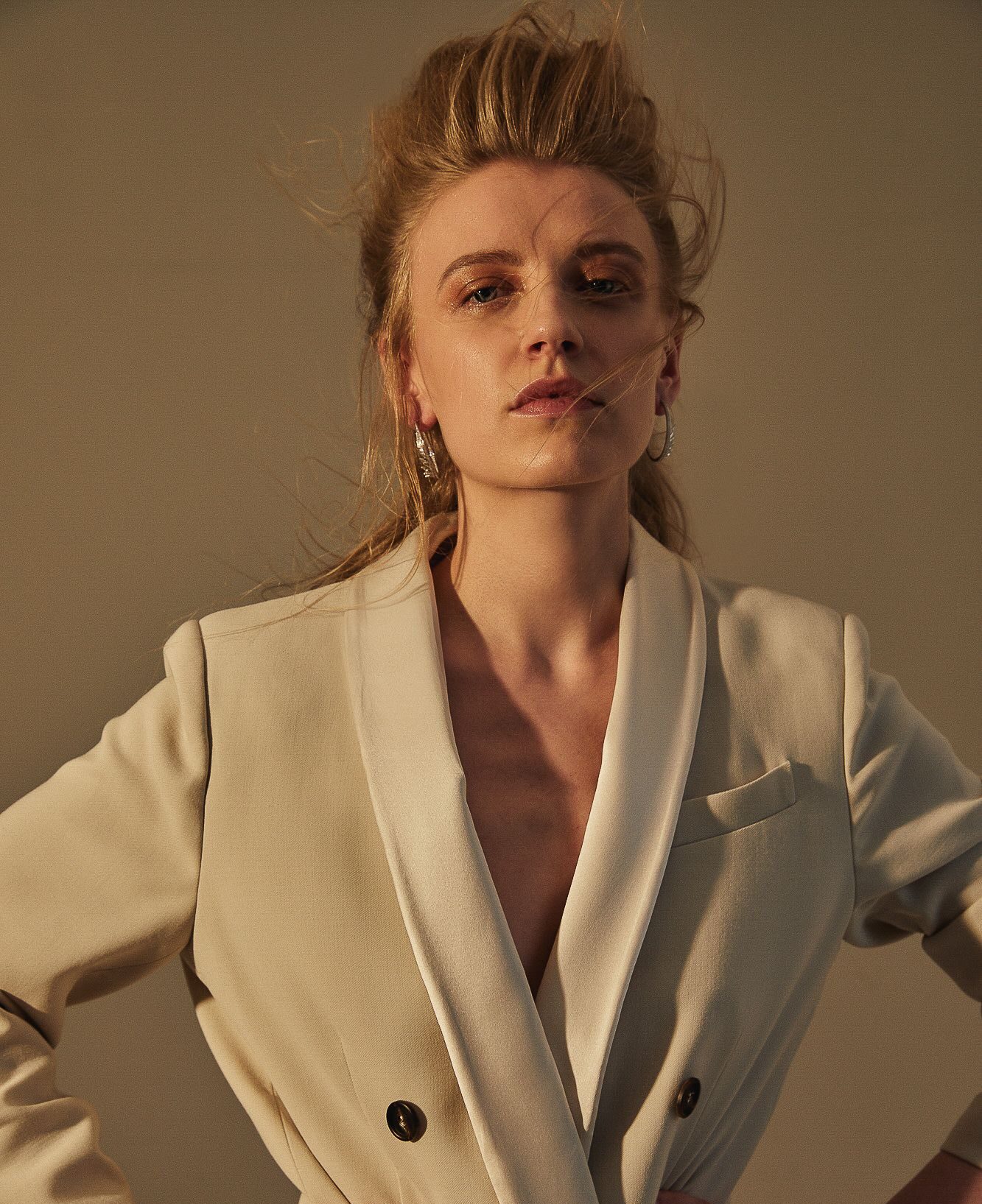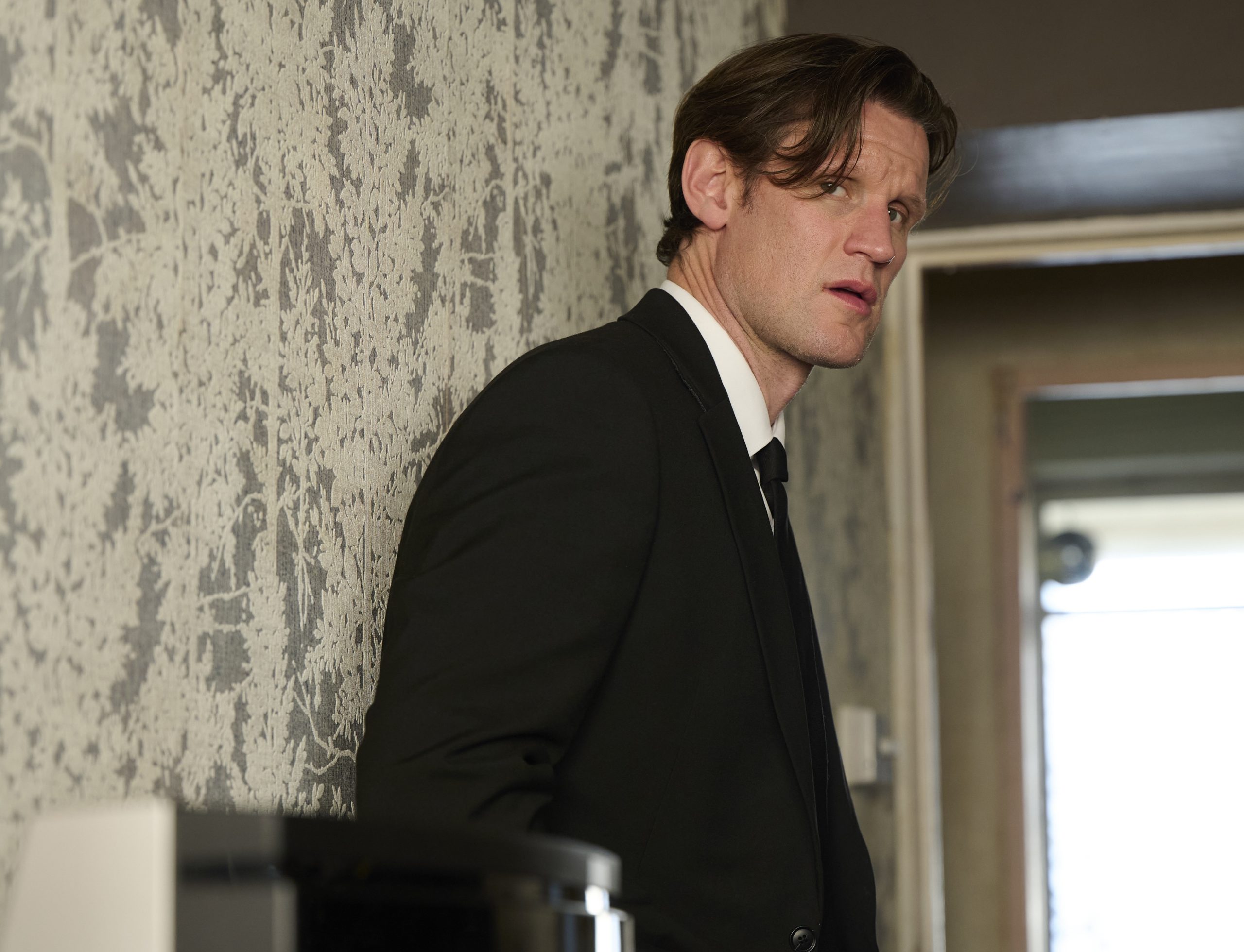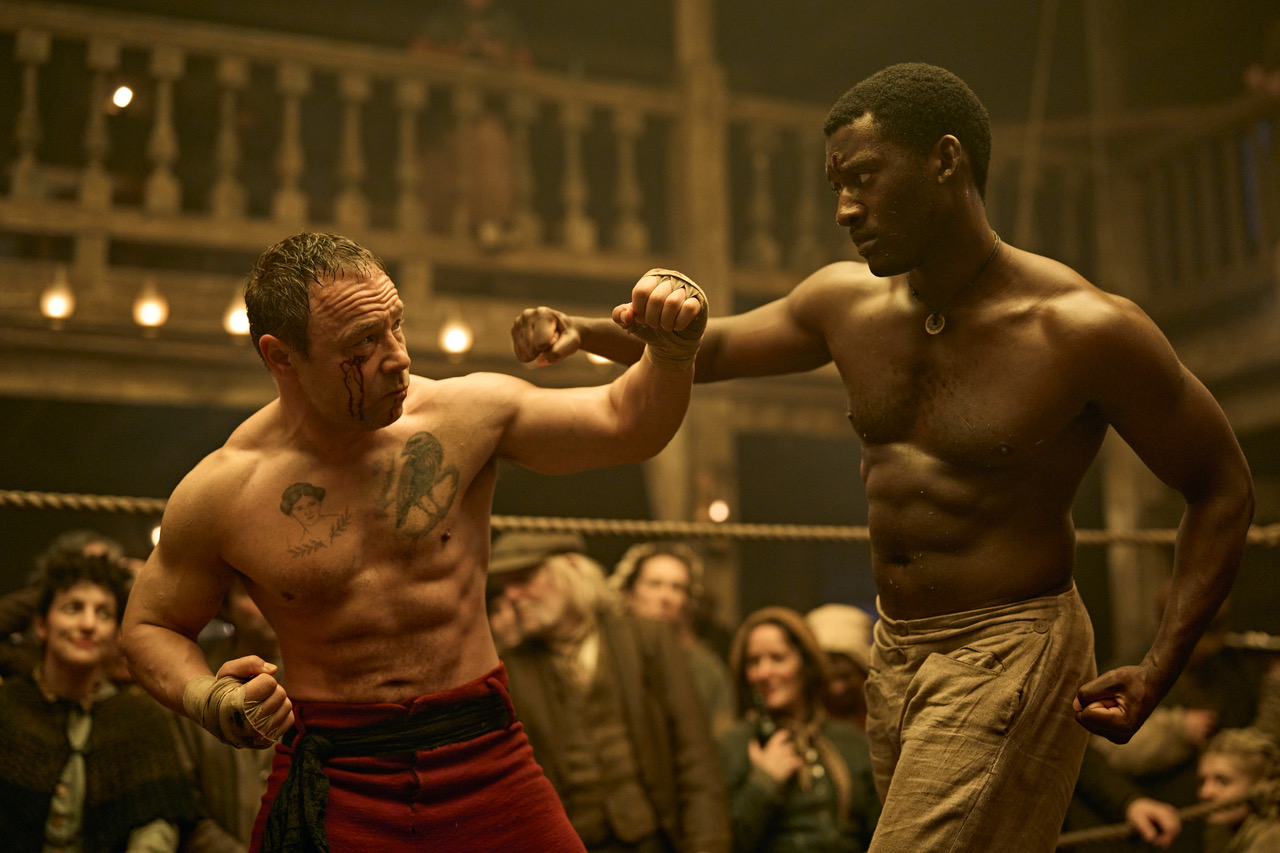Actress Poppy Lee Friar brings an abundance of grace and grit to every project she embraces.
After portraying genre-defying roles in projects like My Cousin Rachel, Ackley Bridge, and Torvill and Dean, Poppy Lee Friar is quietly but confidently crafting a filmography that showcases her breadth as an actress. Now she returns to the stage — for the first time in 20 years — to portray Mayella Ewell in the new stage adaptation of Harper Lee’s To Kill A Mockingbird.
In conversation with 1883 Magazine, Poppy Lee Friar discusses her growth as an actress, playing Mayella Ewell in To Kill a Mockingbird, and more.

You’re portraying Mayella Ewell in To Kill A Mockingbird. Firstly, what attracted you to the play?
The play moved me to tears after first reading. Aaron Sorkin’s adaptation of an already perfect book was simply a piece of exceptional art. The characters are complex, rich and very human. The morals and lessons that can be learned are important and relevant to modern audiences. It is a piece that will move you emotionally and stimulate you intellectually. It is exactly the kind of project that peaks my interest and I desperately wanted to be a part of it.
The character has suffered from a lot of neglect and abuse. Is it difficult for you to get into that mindset every time you step on-stage?
It’s certainly a strain on ones emotions due to how terrified and sad she is. I try to approach all of my characters with authenticity and a full understanding of their lives, so Mayella has been particularly demanding and difficult to embody due to those horrific circumstances. However it has been a complete privilege as her story can move audiences and challenge their perceptions. Our company of actors and stage managers are absolutely delightful to work with and I feel a lot of support being with them. On top of that, receiving support from audiences is rejuvenating and makes it all worth it.
Outside of the book, was there anything you did in particular to prepare for your performance?
We worked on accent by listening to interviews and most importantly undertook research to learn about the social and political history of that time including books such as Caste: The Origins of Our Discontents by Isabel Wilkerson. In terms of Mayella, I read about cases young people that have suffered similar abuses and tried to understand how that would affect their behaviour, physically and psychologically.
If you, as Poppy, could give Mayella a piece of advice, what would it be?
Be brave and tell the truth. Be the change. Mayella finds herself in a position that could change not only her and her siblings lives, but society’s. It would be an incredible moment were she to tell the truth and reveal Tom Robinson’s innocence as well as her fathers evils. The political implications of that would be enormous and unprecedented. Her fear and choice is understandable but we must strive for a world in which truth prevails and justice is served.
You haven’t done stagework since 2006 and this year marks 20 years since your debut on-stage performance. In that time, you’ve learned and developed as an actor further, but what has changed in regards to how you approach the stage now?
I approach the character in the same way that I’d approach a character for screen, in terms of understanding them. However, the stage requires a performance which is more shared for a large audience. Mayella’s physicality would perhaps be a little too large on screen however on stage, it can be a little more emphasised. Being older now and a part of this play in particular, I can appreciate how much a story or moment can move audiences. We often have palpable silences in the auditorium at certain moments and you feel the audiences connection. It’s an extraordinary experience and I think the greatest most challenging one for an actor.
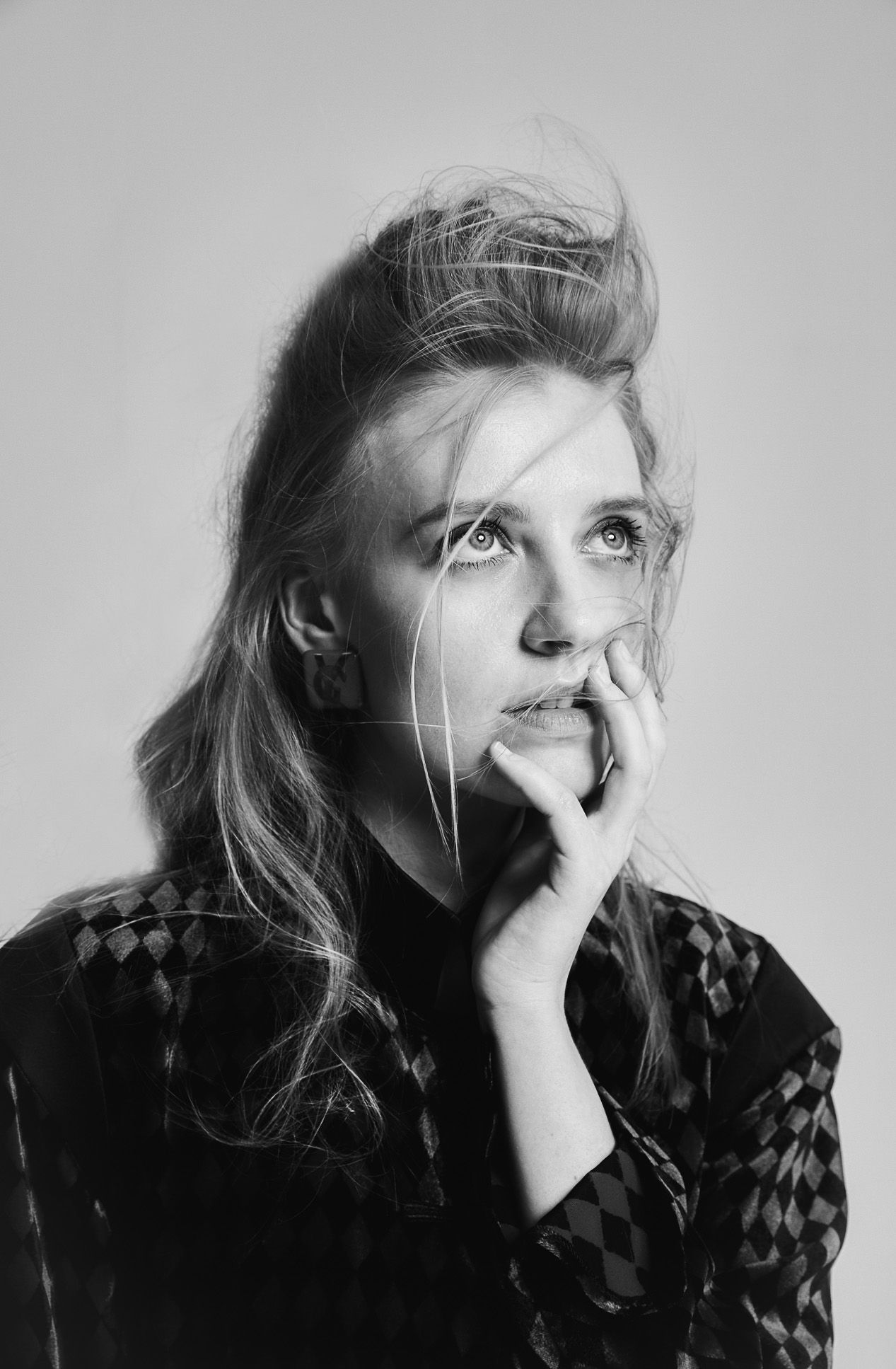
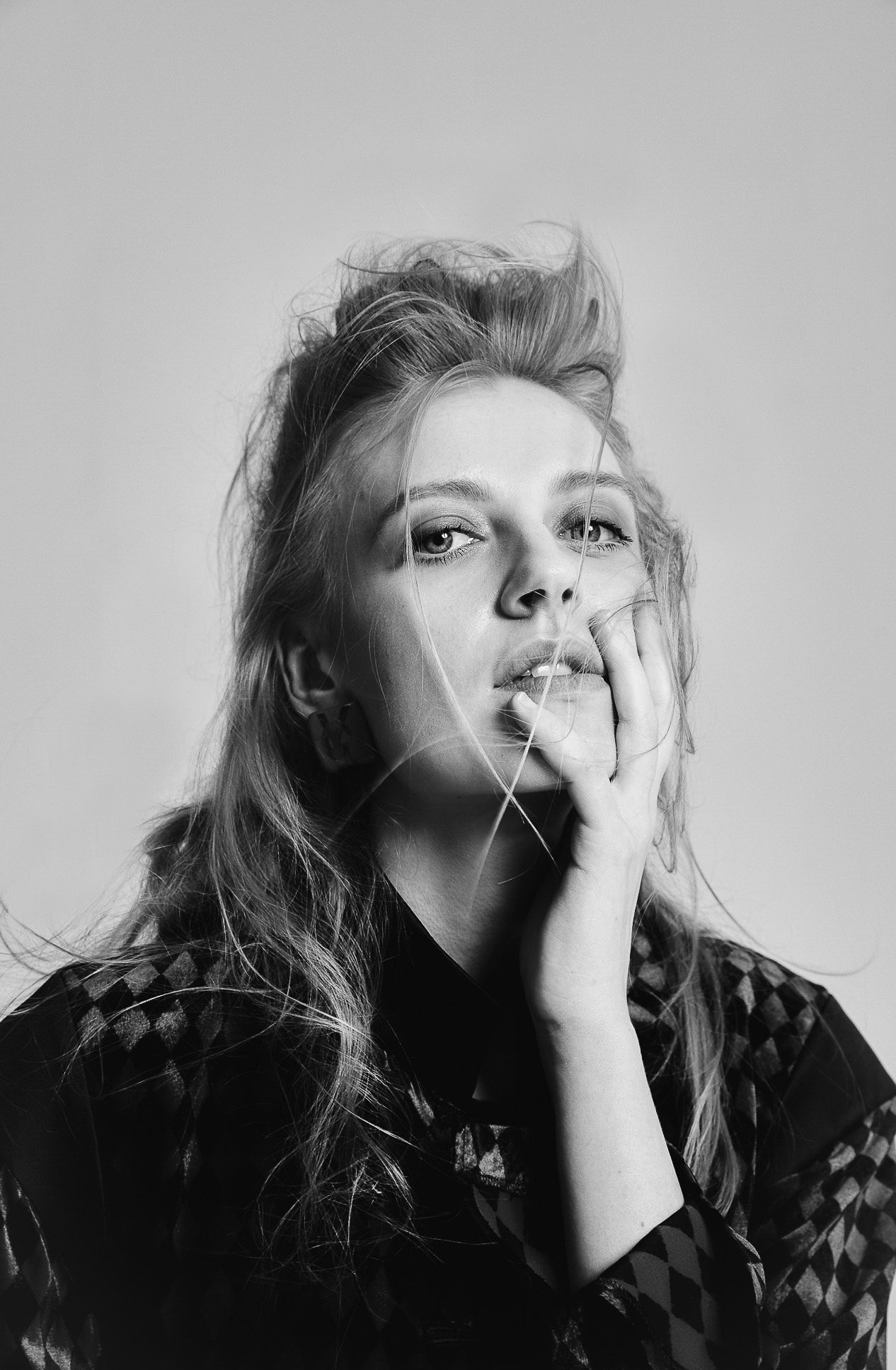
All actors, I feel, get into acting because they love storytelling and transforming into someone else. When did you discover your passion for storytelling?
I certainly remember that as I child, I enjoyed dressing up and adopting different accents. I loved watching movies and shows and like all audiences, managed to project myself into the stories. I love my imagination being swept away by stories, (anything from Neil Gaiman’s Stardust, to James Mangold’s Girl Interrupted) but I think my understanding and appreciation has evolved with me over time. I now enjoy discovering characters complexities and discovering more about myself and the world through them. I love connecting with other actors and teams who care equally about the project. It’s magical.
Were there any unexpected parallels that you found between yourself and Mayella, let’s say in your approach to life?
I can’t say that there are other than perhaps the fact that she grows bright red geraniums (I love nature and am currently nurturing a miniature rose plant in my dressing room) and I suppose she searches for some beauty in a bleak world through that.
Looking to the future – what is a role you would like to play?
Anything that has complexity and perhaps teaches me or someone else something about themselves or life.
From books to TV to films, what are some of the things that are inspiring you as of late?
I’ve just finished reading Entangled Life by Merlin Sheldrake which I think is extraordinary. Our connection with nature is so important and many destructive human habits could be solved with Fungi! I’m currently watching Close Encounters of the Third Kind (Spielberg is a genius of course).
Last but not least, tell me about your future aspirations.
Apart from continuing to tell stories and creating characters, I would like to contribute in some way to healing the planet and helping people. I don’t know how I’m going to do that, (maybe supporting the fungi / anti-plastic revolution!) but spreading the message I think helps. I also think everyone needs a better relationship with technology (cutting back on social media in particular). Acting gives you a perspective on life unlike any other. You observe human behaviour and deconstruct it to understand why people are the way they are and I think we’ve all got into bad habits that we should take some time to gain perspective on.
I would like to see people passionate about whatever they may be interested in and supported to pursue that no matter their financial status or skin colour. Being in the theatre has been such an extraordinary experience as it forces people to be in the moment – actor and audience. A feeling that I think we’re lacking due to how fast paced life is now. I encourage anyone that might like to go to the theatre, maybe for the first time, to go and experience it.
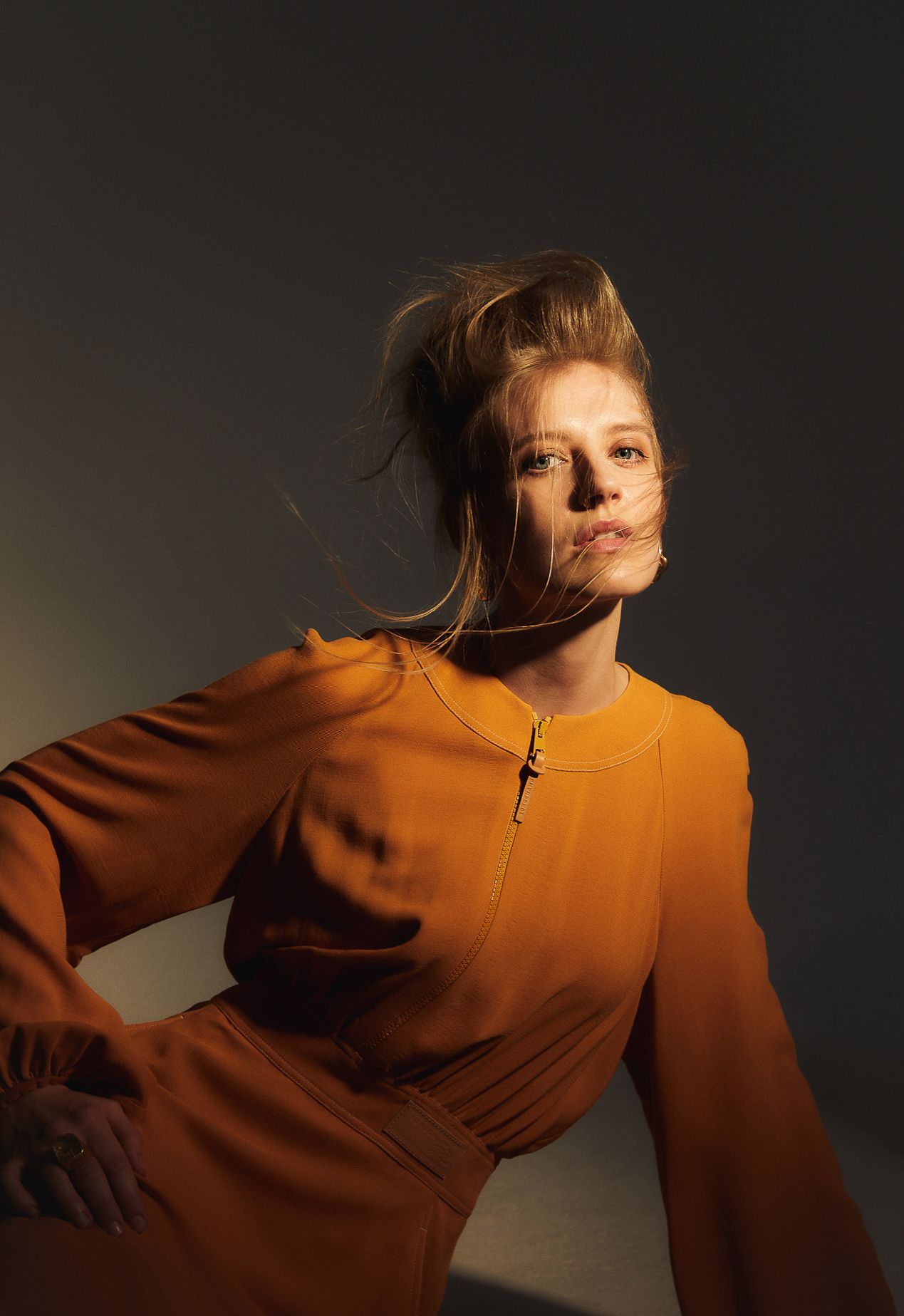
Interview Kelsey Barnes
Photography Klara Waldberg

